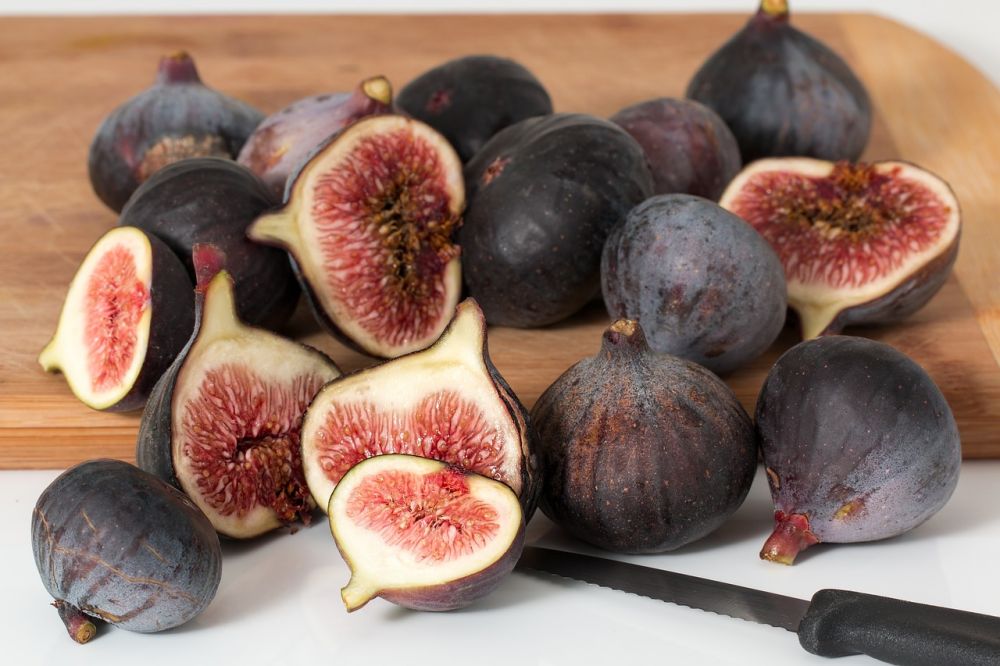Diet Fiber: A Comprehensive Guide to Understanding and Utilizing Its Benefits

Introduction:
Dietary fiber is a crucial component of a healthy diet, yet its importance is often overlooked. In this article, we will provide an in-depth overview of diet fiber, exploring its various types, popular choices, quantitative measurements, differences between them, and a historical examination of their advantages and disadvantages. By the end, you will have a thorough understanding of diet fiber and its significance in maintaining optimal health.
I. What is Diet Fiber?
Dietary fiber refers to the non-digestible carbohydrates present in plant-based foods. Unlike other nutrients, fiber is not broken down and absorbed by the body. Instead, it passes through the digestive system largely intact, providing numerous health benefits. Fiber can be classified into two main categories: soluble and insoluble fiber.
A. Soluble Fiber:

Soluble fiber dissolves in water and forms a gel-like substance in the digestive tract. This type of fiber is found in oats, legumes, fruits, and some vegetables. Soluble fiber plays a vital role in regulating blood sugar levels, reducing cholesterol levels, and promoting a healthy gut microbiome.
B. Insoluble Fiber:
Insoluble fiber does not dissolve in water and remains relatively unchanged as it travels through the digestive system. It adds bulk to the stool, aiding in regular bowel movements and preventing constipation. Whole grains, nuts, seeds, and the skins of fruits and vegetables are excellent sources of insoluble fiber.
II. Popular Types of Diet Fiber:
1. Psyllium Husk: Derived from the seeds of the Plantago ovata plant, psyllium husk is a rich source of soluble fiber. It is widely popular in breakfast cereals, baked goods, and dietary supplements due to its ability to improve digestion and promote satiety.
2. Inulin: Extracted from chicory root, inulin is a prebiotic fiber that acts as a food source for beneficial gut bacteria. It helps maintain a healthy gut environment, enhances mineral absorption, and supports overall digestive health.
3. Beta-glucan: Mainly found in oats and barley, beta-glucan is a soluble fiber known for its cholesterol-lowering properties. Regular consumption of beta-glucan-rich foods can significantly reduce LDL cholesterol levels, thus reducing the risk of heart disease.
III. Quantitative Measurement of Diet Fiber:
The amount of diet fiber in a food product is often measured in grams per serving. The recommended daily intake of fiber for adults is around 25-30 grams. However, many people fail to meet this recommendation, leading to various health issues. It is essential to read food labels and choose high-fiber options whenever possible.
IV. Understanding the Differences:
While both soluble and insoluble fiber contribute to overall health, they exhibit distinct characteristics.
A. Soluble Fiber:
– Forms a gel-like substance in the digestive tract.
– Helps regulate blood sugar levels by slowing down the absorption of sugars.
– Reduces cholesterol levels by inhibiting its absorption.
– Contributes to a healthy gut microbiome.
B. Insoluble Fiber:
– Adds bulk to the stool, aiding in regular bowel movements.
– Prevents constipation by promoting regularity.
– Provides a feeling of fullness, thus supporting weight management.
– Supports a healthy digestive system.
V. Historical Examination of Advantages and Disadvantages:
Throughout history, different types of diet fiber have been lauded for their unique benefits, as well as criticized for potential drawbacks. Let’s explore some notable examples:
A. Bran:
– Pro: High in insoluble fiber, supports regularity and prevents constipation.
– Con: Can interfere with mineral absorption if consumed in excessive amounts.
B. Psyllium Husk:
– Pro: Promotes satiety, aids in weight management.
– Con: Excessive intake may cause bloating and gas in some individuals.
[INSERT VIDEO HERE – A short informative video highlighting the benefits and sources of diet fiber]
Conclusion:
Dietary fiber plays a vital role in maintaining optimal health and should not be overlooked when planning a balanced diet. From soluble to insoluble fiber, each type offers unique benefits that contribute to overall well-being. By incorporating fiber-rich foods into your daily meals, you can improve digestion, regulate blood sugar levels, and lower cholesterol. Remember to consult with a healthcare professional for personalized recommendations and embrace the power of diet fiber for a healthier future.





















